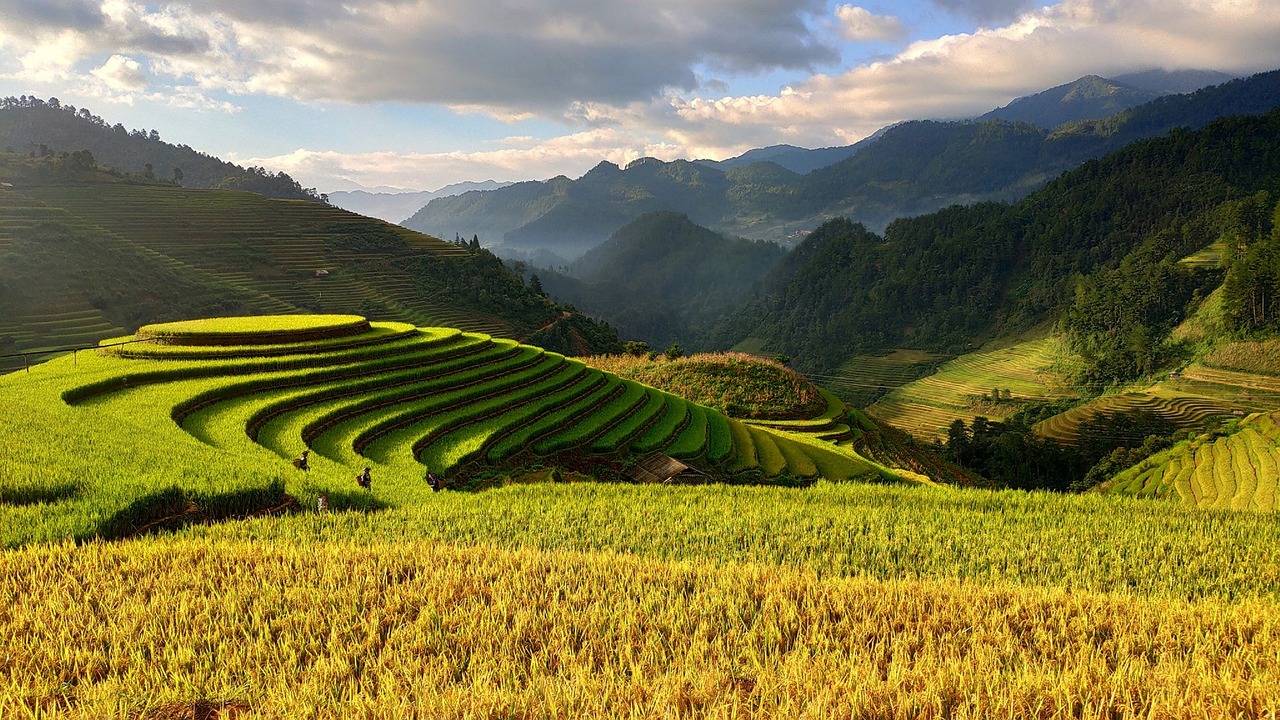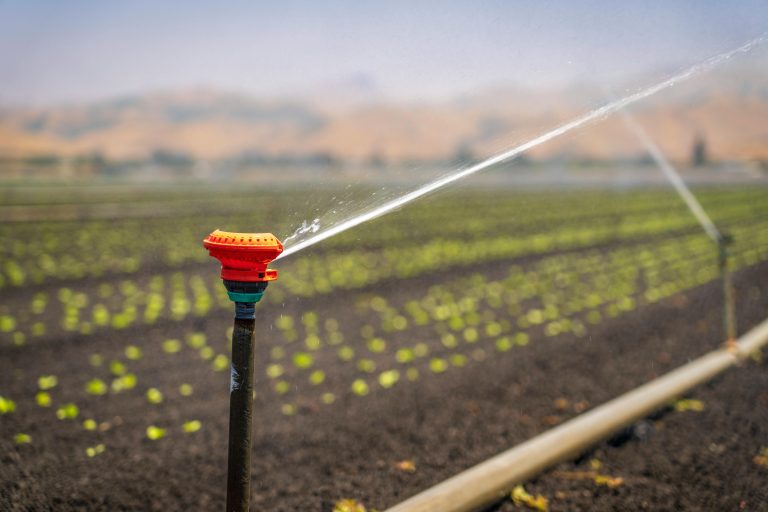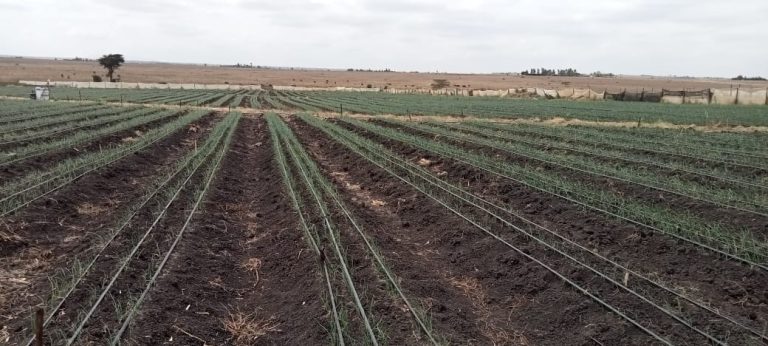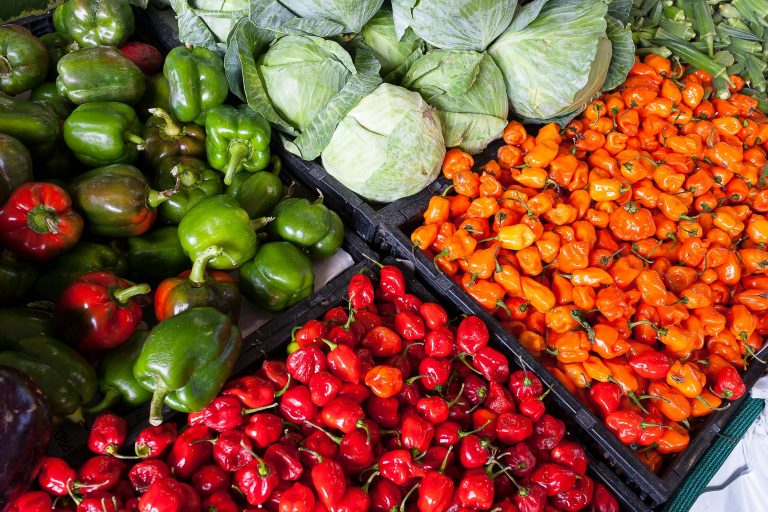Leasing farmland in Kenya can be a smart investment for those looking to venture into agribusiness without the high costs of purchasing land. However, before signing a lease agreement, critical factors must be considered to ensure a profitable and hassle-free farming experience. At Fincare Investments, we help farmers find the right land for lease while ensuring they understand the key factors impacting their agricultural success.
1. Water Reliability and Irrigation Potential
Water is a critical resource for successful farming, particularly for crops such as tomatoes, onions, and vegetables. Before leasing farmland, consider the following key factors:
- Availability and Reliability of Water Sources – Ensure the land can access reliable water sources such as boreholes, rivers, or dams to support year-round irrigation.
- Rainfall Patterns—If rain-fed agriculture is an option, assess historical rainfall data to confirm that the area receives sufficient seasonal rainfall for your chosen crops.
- Water Rights and Access – When relying on shared water sources, such as community boreholes or water pans, verify legal access and resolve potential disputes beforehand.
- Water Pumping Costs – Factor in the cost of pumping water from the source, whether through electric, solar-powered, or diesel pumps, as this can significantly impact operational expenses.
💡 Pro Tip: Investing in drip irrigation systems can enhance water efficiency, especially in semi-arid regions like Isinya, Kajiado, and Machakos. Be cautious of seasonal rivers and shallow boreholes, which may dry up before harvest, leading to substantial losses.
2. Land Accessibility
The accessibility of farmland plays a crucial role in operational efficiency, transportation costs, and market reach. Before committing to a lease, consider the following factors:
- Road Infrastructure: Farmland near major roads and urban centers ensures seamless produce transportation, reducing logistical challenges.
- Proximity to Markets: Farms near key markets such as Nairobi, Nakuru, and Eldoret facilitate faster sales and better product pricing.
- Labor Availability: Well-connected farms near town centers have a steady supply of skilled labor, essential for labor-intensive activities such as planting and harvesting. Access to affordable and experienced farmworkers enhances productivity and cost efficiency.
Pro Tip: Cultivating horticultural crops such as tomatoes, onions, and capsicums near the Nairobi Metropolitan area provides a strategic advantage. Proximity to Nairobi’s public markets and supermarket chains ensures a steady demand from traders who prefer sourcing fresh produce from nearby farms.
3. Availability of Essential Amenities
A well-equipped property minimizes initial setup costs and ensures a smooth transition into production or development. Key infrastructure to consider includes:
- Reliable Water Supply – Boreholes, piped water, or other sustainable water sources to support agricultural and domestic needs.
- Electricity or Solar Power – A stable power connection is essential for operations, including irrigation, processing, and storage.
- Irrigation Systems – Crucial for agricultural leases, ensuring consistent water supply for crop production.
- Security and Perimeter Fencing – Enhances safety, prevents encroachment, and safeguards investments.
- On-site Facilities—Greenhouses, storage units, grading facilities, staff housing, and sanitation facilities improve operational efficiency.
Pro Tip: If cultivating export-oriented crops such as French beans or herbs, selecting a farm with infrastructure compliant with Global G.A.P. Certification—including chemical storage, grading facilities, and sanitation amenities—can significantly reduce certification lead time and enhance market access.
4. Land Preparation and Farming Costs
Before leasing land, estimating the total cost of establishing your farm is essential. Key considerations include:
- Plowing and Land Clearing: Costs vary based on land conditions, typically from Ksh 3,000 to Ksh 8,000 per acre.
- Seed, Agro-chemicals and Fertilizer Expenses: Research the costs of high-yield seed varieties and appropriate fertilizers to optimize productivity.
- Labor Costs: Budget for hiring farm workers for essential tasks such as planting, weeding, and harvesting.
- Irrigation and Infrastructure Setup: Include installation expenses in your financial plan if irrigation is necessary.
Pro Tip: When working with virgin land, anticipate the potential hidden costs of clearing permanent vegetation. This process may require specialized equipment, significantly increasing initial land preparation expenses.
5. Soil quality and suitability.
The success of your farming venture heavily depends on soil fertility. Before leasing land:
- Conduct a Soil Test: Test for pH levels, nutrient composition, and drainage capacity to ensure it supports your intended crops.
- Match the Soil to Your Crop: Onions thrive in well-drained loamy soil, while maize requires fertile, deep soils.
- Inquire about the landowner’s past crop practices to prevent soil exhaustion problems.
Pro Tip: Contact agricultural extension officers or private soil testing services for professional guidance.
6. Lease Agreement Terms and Conditions
A legally binding lease agreement protects both the landowner and the farmer. Key aspects to check:
- Lease Duration: Farmland leases range from 1 year to 99 years in Kenya. Ensure it aligns with your farming plans.
- Payment Terms: Some landowners prefer monthly, annual, or lump-sum payments—choose a plan that suits your cash flow.
- Land Use Restrictions: Some leases may limit certain types of crops or livestock farming.
- Exit Clauses: Understand the termination process and whether refunds apply if you leave early.
Pro Tip: Always involve a lawyer or real estate expert like Fincare Investments to draft a clear and fair lease agreement.
7. Legal land ownership and verification.
Many farmers face challenges when leasing land due to ownership disputes or fraud. Before leasing:
- Verify the Title Deed: Ask for a copy of the land’s title and check ownership with the Ministry of Lands.
- Confirm Land Usage Laws: Some land is zoned for conservation or non-agricultural activities, so make sure farming is allowed.
- Avoid Sub-Leases: Deal directly with the landowner or a registered real estate agent to prevent conflicts.
Pro Tip: Visit the local land registry office or Fincare Investments to confirm land ownership before making payments.
8. Security and environmental risks.
Farmland security and environmental factors can make or break your farming investment. Key considerations:
- Check for Wildlife Risks: Some areas near national parks (e.g., Laikipia, Tsavo) may have wild animal intrusion issues.
- Assess Flooding & Erosion Risks: Avoid low-lying areas prone to seasonal flooding.
- Ensure farm security. Avoid areas where farm theft or land disputes are common.
Pro Tip: Choose land in secure farming communities or work with local security groups to safeguard your investment.
Best Locations to Lease Farmland in Kenya
If you’re looking for agricultural land to lease, consider:
- Isinya, Kajiado—Great for livestock and vegetable farming.
- Kitengela is suitable for greenhouse farming and commercial crops.
- Nakuru & Njoro—Fertile soils for potato and maize farming.
- Laikipia—Excellent for large-scale wheat and dairy farming.
- Kirinyaga & Meru—Ideal for cash crops like coffee and tea.
At Fincare Investments, we have verified farmland lease listings in these prime agricultural areas.
How Fincare Investments Can Help
Finding secure and productive farmland can be overwhelming, but we make it easy and hassle-free. Here’s how we assist:
Verified Agricultural Land Listings—No scams or disputes.
Professional Lease Agreements—Protecting both tenants and landlords.
Expert Advice on the Best Farming Locations—Tailored to your crop/livestock needs.
Looking for farmland to lease? Contact us today to get the best deals!
Conclusion
Leasing farmland in Kenya is a smart investment if done correctly. Before signing any lease, check soil quality, water access, infrastructure, legal ownership, and security. A clear lease agreement protects your interests and prevents future disputes.
At Fincare Investments, we help farmers find verified farmland with favorable leasing terms. If you’re ready to start your farming venture, contact us for expert guidance and the best lease deals!
Explore more farming insights in our blog section or get in touch for agricultural land leasing solutions in Kenya.







